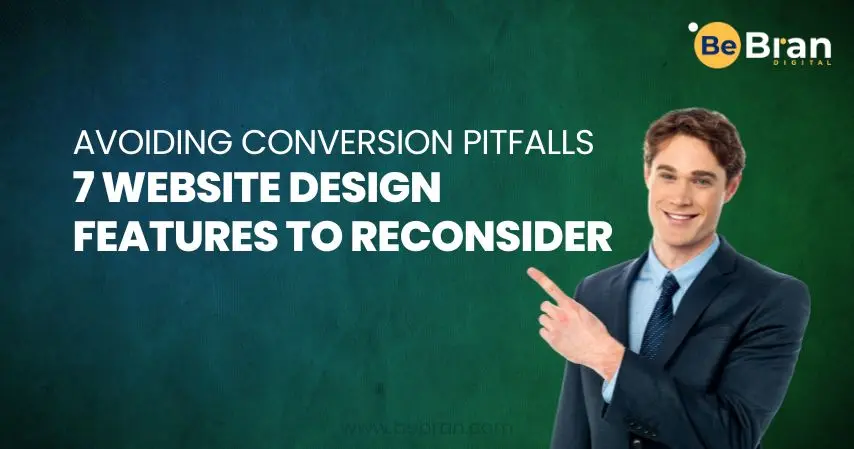In today's SEO landscape, many practitioners confidently assert, "I'm not falling into the trap of over-optimization!"
But why do they make such claims?
It's because they have moved beyond the era of blatant keyword stuffing. However, contemporary over-optimization encompasses much more than just stuffing keywords. SEO is an ever-evolving field. Google continually refines its algorithms, search queries become more sophisticated, SEO professionals adapt and enhance their strategies, and Google's webspam team also becomes more astute—leading to recurrent shifts in the SEO landscape.
While many SEO experts have learned from the over-optimization penalties of 2012 and tread carefully, that was years ago. Today, we require a fresh guide to navigate the realm of over-optimization, ensuring that we don't overdo a good thing and inadvertently jeopardize our SEO endeavors.
















